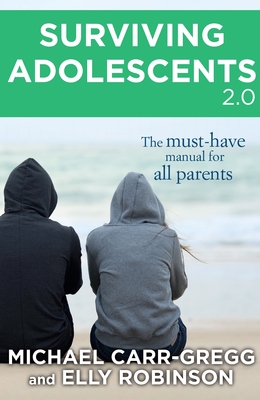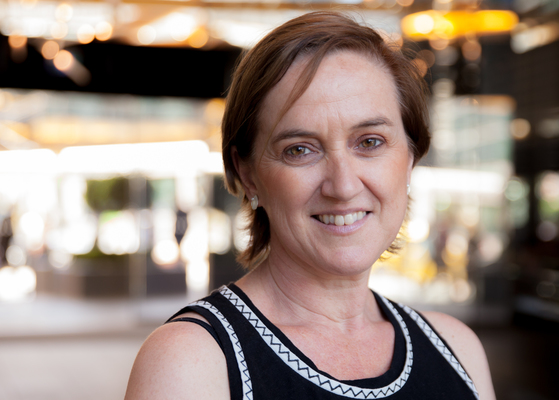By Melissa Grant
You would be hard-pressed to find a parent who is looking forward to their child’s teenage years.
Adolescence is a risky and vulnerable time that can prove stressful and challenging for mums and dads.
There’s bound to be conflict around technology and social media use, study (or lack of it) and risky behaviours such as binge drinking. Bullying and mental health issues may also arise.
These thorny topics are among those covered in Surviving Adolescents 2.0 by bestselling authors Michael Carr-Gregg and Elly Robinson.
The pair has fully revised and updated their original guide to learning how to survive – and thrive – with adolescents.
Much has changed since the leading child and adolescent specialists first wrote the guide just over a decade ago.
Apart from the obvious rise of technology and social media, the period of adolescence has become longer.
Ms Robinson said many children were now beginning puberty much earlier than a few decades ago.
“Often kids start puberty when they are still in primary school,” she said.
“Menarche for girls used to be 16. Now it’s 13.
“And top end of adolescence, young people are living at home longer.”
Ms Robinson said it was important for parents to set boundaries and not give their children too much freedom too soon.
“You’re trying to find that middle ground between not treating them as a child, but they are not yet adults,” she said.
“You hear a lot of parents letting go a bit too soon – not setting boundaries when they get to 15 or 16 and just giving them free rein and there are consequences for that.”
Surviving Adolescents 2.0 covers how to navigate a teenager’s use of tablets and phones, including social media.
Ms Robinson said technology, while not all bad, was a very powerful tool. She said young people often turned to platforms like Facebook, Instagram and Snapchat to try and research whether they were “normal”.
As these platforms didn’t relay reality, it was important to hold off on giving teens the green light to use them until they had the skills to do so in a positive way.
“If you think they are not socially mature enough, or don’t have the skills to navigate online, hold off for a little while,” Ms Robinson advised.
“For the first few months monitor what they are doing, have their passwords. It’s about being safe.”
Ms Robinson said a lot had changed in relation to knowledge about mental health in the past decade and the updated book provided parents with some clear and concise information in this area.
There’s also a chapter about risky behaviours and what to do if your child comes home drunk. There’s another chapter about how to deal with a family breakdown while raising teenagers.
Effectively communicating with your teen – which Ms Robinson describes as “absolutely crucial” – is another key topic covered in the book.
“The best place to get a teenager talking is in the car because they can’t escape and you don’t have to make eye contact,” she said.
“Some tips we give parents are be clear about what you want to say, make it short, and fundamentally the best advice is choose your battles.
“Nobody has died from a messy bedroom.”
Penguin Life, RRP $22.99










